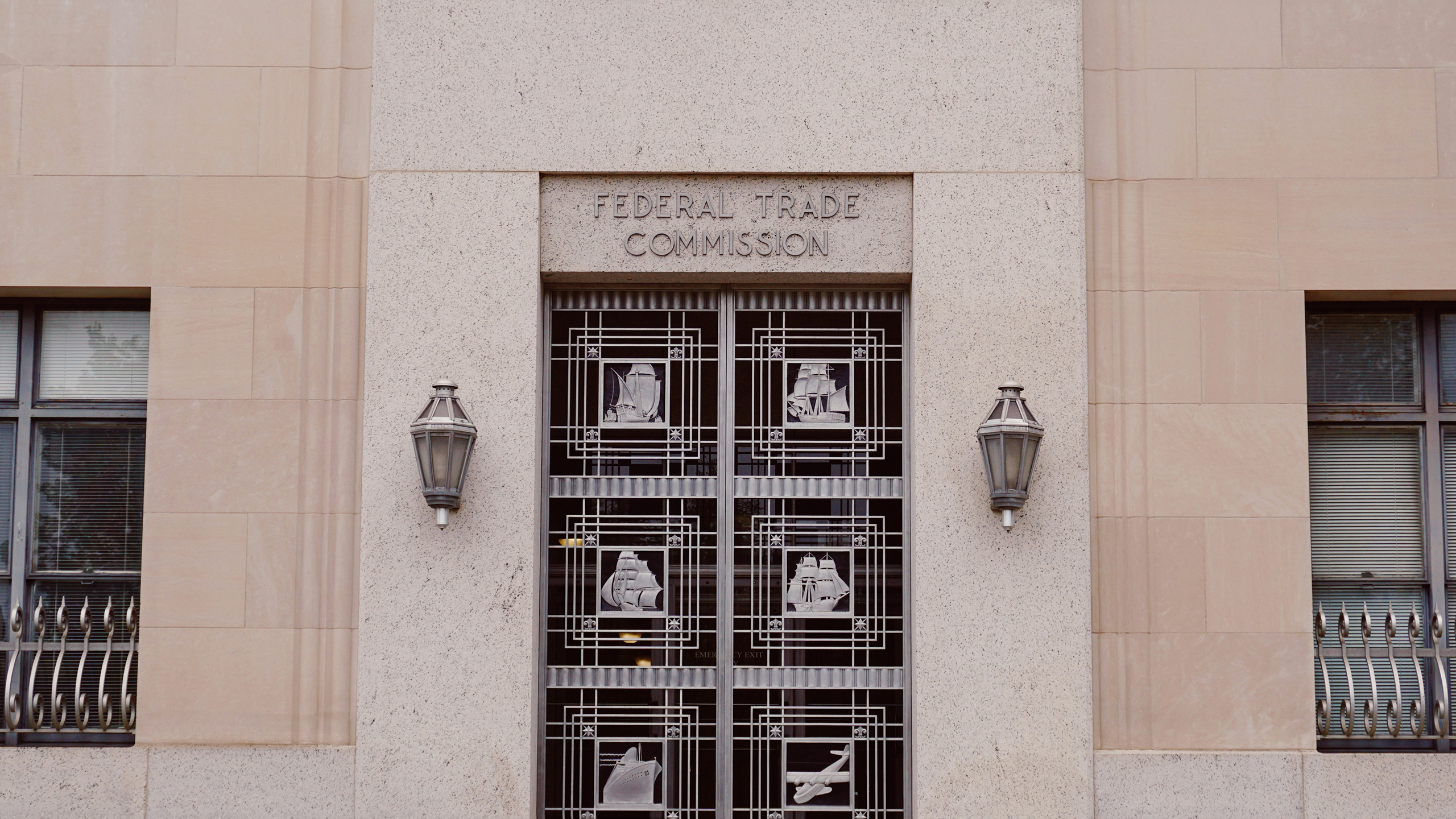Business Groups Sue FTC Over New Noncompete Regulations
The FTC estimates its ban will help create 8,500 new businesses and increase average annual worker wages by $524.

Sign up for smart news, insights, and analysis on the biggest financial stories of the day.
Corporate America is feeling lackadaisical about competition.
Just a day after the Federal Trade Commission issued a measure prohibiting companies from enforcing noncompete clauses on any employees but top-level executives, the US Chamber of Commerce and Texas-based consultancy firm Ryan LLC separately sued the regulator, arguing it had overstepped.
One of Us, One of Us
Noncompete clauses (NCCs) are agreements that prevent employees from working for a competitor during — and oftentimes after — their employment for an extended period. In many cases, NCCs also keep former employees from immediately starting their own businesses.
Enforcement is at the issuing company’s discretion — for example, Amazon doesn’t sue every person who immediately takes a job at a rival company, but it has pursued litigation against multiple former employees who jumped ship to Google. As a sort of prelude to the FTC’s new rule, Microsoft did away with NCCs for all except senior employees in 2022.
Businesses say NCCs protect intellectual property, trade secrets, and proprietary information, but the FTC argues that NCCs are exploitative, stifle innovation, prevent the creation of new business, and cost workers in both pay and benefits:
- Roughly 1 in 5 Americans are subject to NCCs, according to the FTC. That can extend to tradespeople or low- and mid-level employees who possess wildly disparate levels of knowledge about a company. It’s not just Big Tech or Wall Street that issue NCCs; they’re quite popular in the hair styling industry, too.
- The FTC estimates its ban on NCCs will help create 8,500 new businesses a year, increase average worker wages by $524 per year, lower healthcare costs by $194 billion over the next decade, and generate between 17,000 and 29,000 more patents each year over the next 10 years.
States’ Rights: A few states including California, North Dakota, Minnesota, and Oklahoma have already banned NCCs, while others have limited their scopes — and that’s pretty much what the US Chamber of Commerce and the Ryan firm are asking for. The Chamber, which represents millions of American businesses but is mostly funded by a small group of donors in Silicon Valley, Wall Street, and Big Oil, argues that regulation should be determined by the states, not the FTC and its Chair Lina Khan, who’s been on a Teddy Roosevelt-like crusade to demonopolize America. The Chamber called the move “not only unlawful but also a blatant power grab that will undermine American businesses’ ability to remain competitive.”











